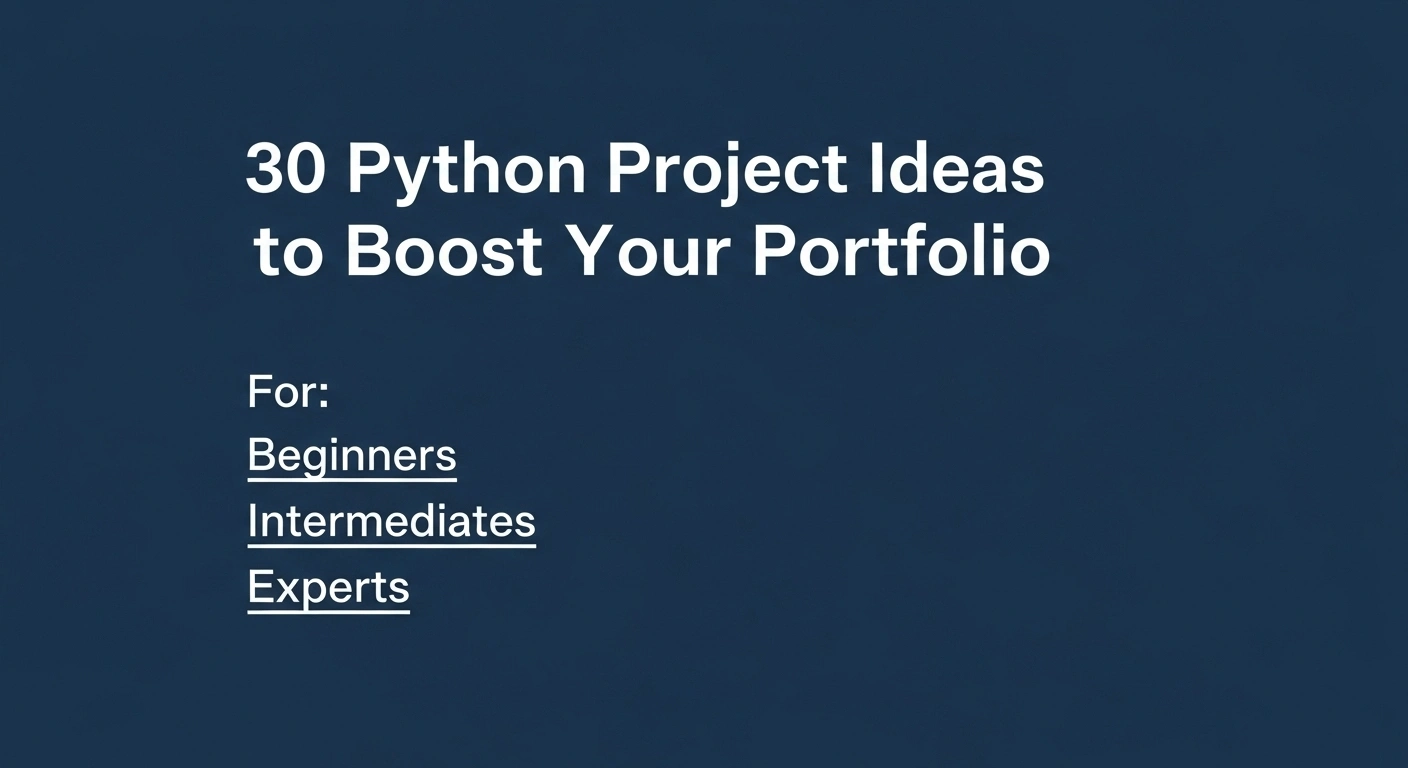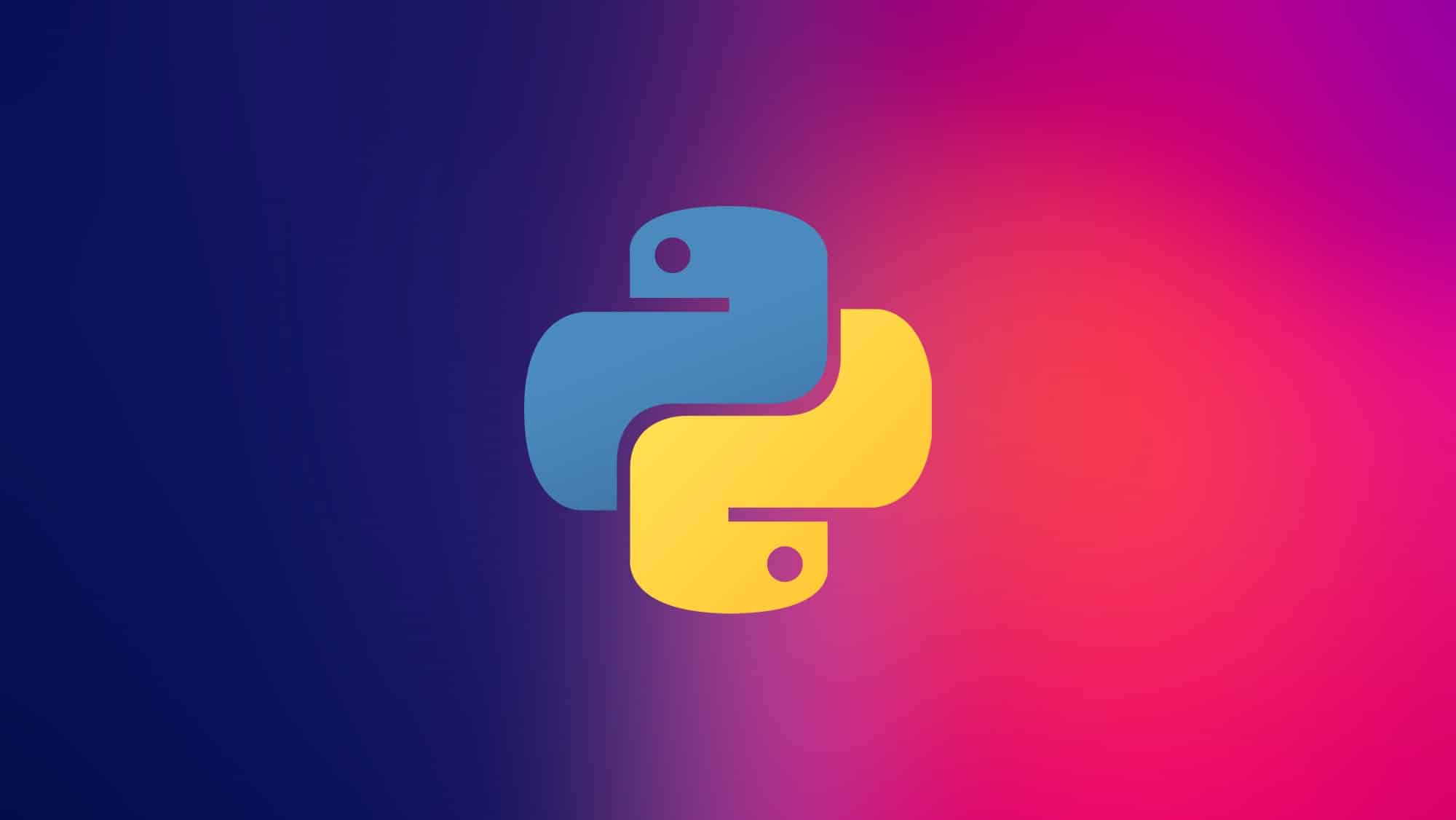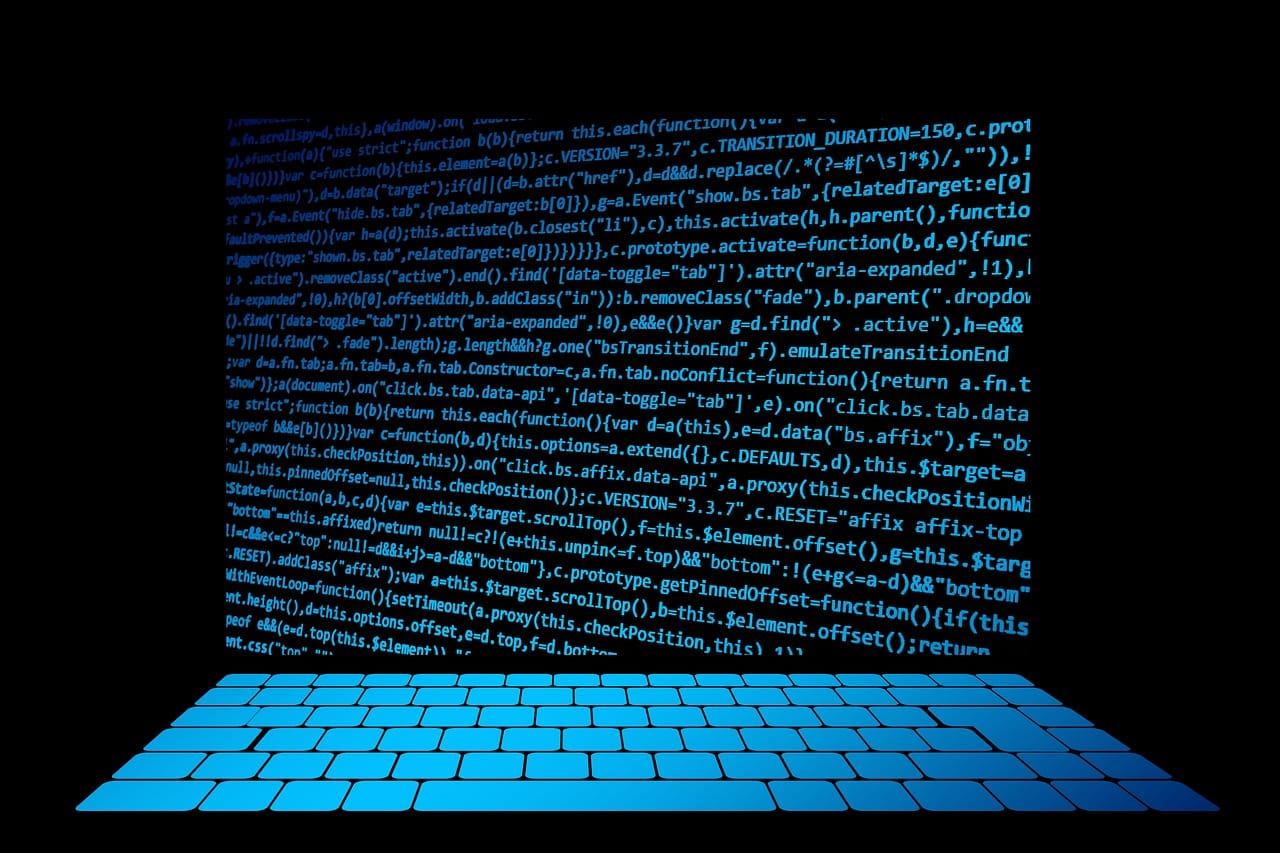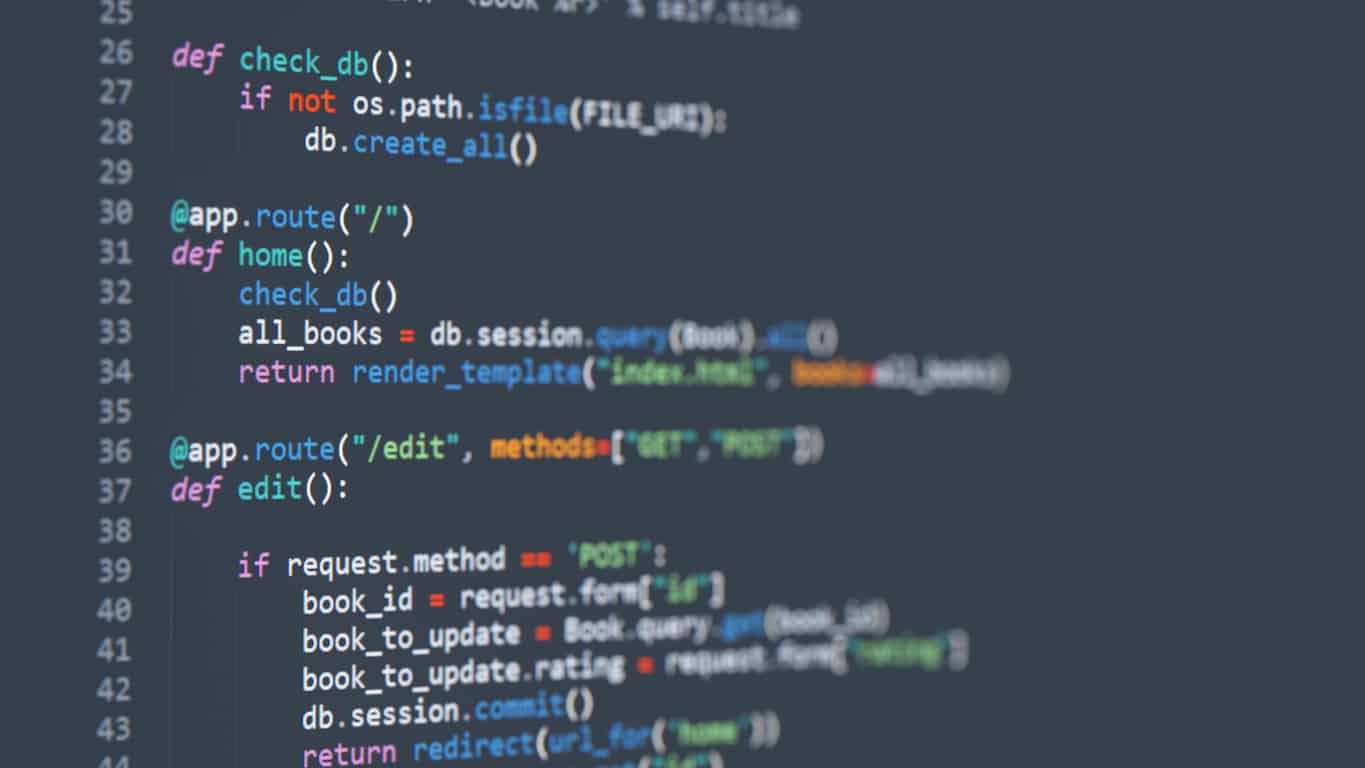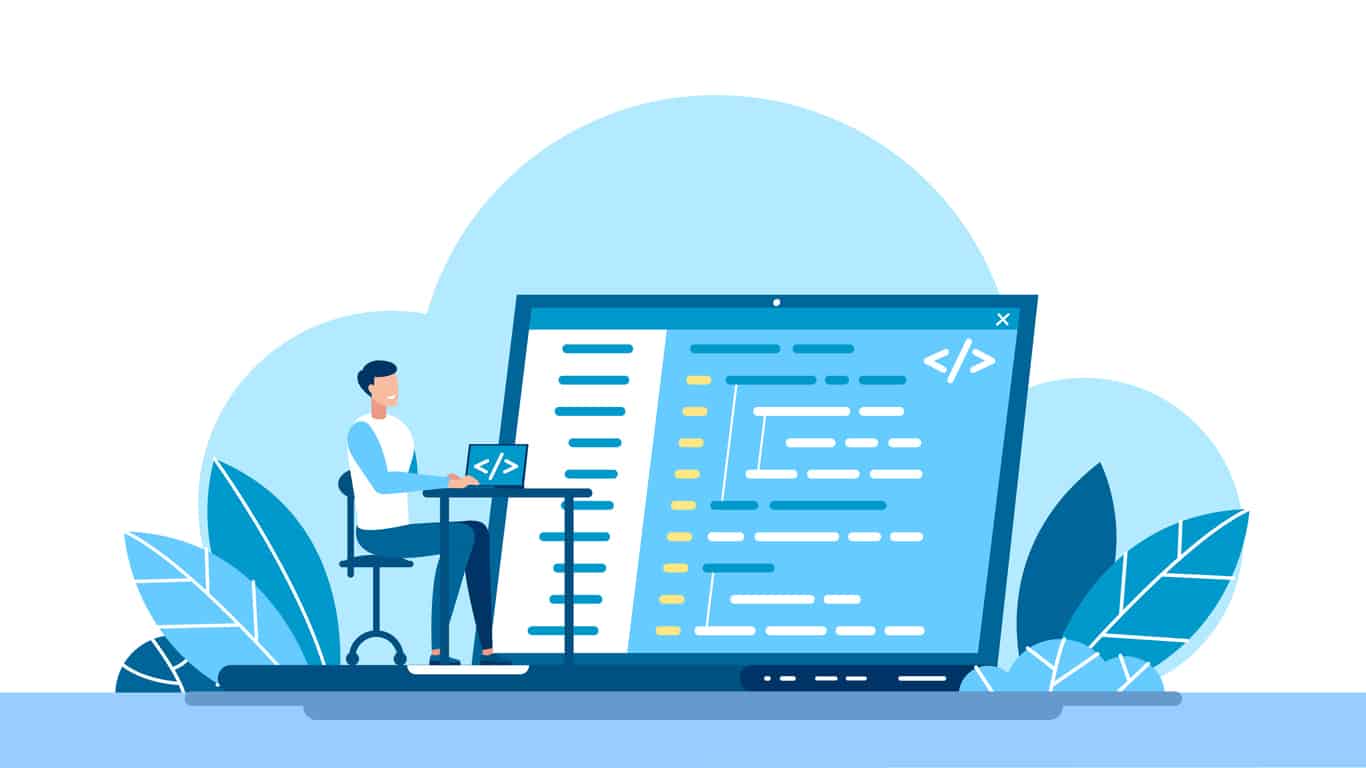Below are 30 different Python project ideas, sorted by level of difficulty. With each project, there is an explanation of what you will be learning, what its key features are, and what tools you will need to begin.
Why Do Python Projects
- Doing projects makes you familiar with Python libraries such as Pandas, NumPy, Flask, or Django.
- It's the easiest way to create actual applications that are able to solve a problem, whether it's a web application or an application for data analysis.
- Debugging your code will make you learn how to debug effectively and be more confident in fixing things.
- Python allows you to delve into different fields, from machine learning to automation, allowing you to experiment with different things.
In this course, you will learn the fundamentals of Python: from basic syntax to mastering data structures, loops, and functions. You will also explore OOP concepts and objects to build robust programs.
Beginner Python Projects
1. Customizable Digital Clock with Themes
Project Details: Create a cool digital clock with a changeable theme. This project is great for understanding GUI programming and real-time data updates. You'll learn how to display the current time and date and allow the user to change the clock's theme.
Features:
- Digital clock display
- Shows current date
- Multiple themes (e.g., retro, modern, dark mode)
Key Tools & Libraries:
- Tkinter (for the GUI)
- datetime module
2. Dynamic "Magic 8-Ball" with Custom Answers
Project Details: This is a fun and interactive project where the user will ask any question and the "Magic 8-Ball" will give him a random answer. The main focus is to take user input, choose a random answer from the list and display it on the GUI (Graphical Interface).
Features:
- User input for questions
- Button to trigger a random answer
- Customizable list of answers
Key Tools & Libraries:
- Tkinter or Pygame (for the GUI)
- random module
3. Interactive "Choose Your Own Adventure" Story
Project Details: Develop a text-based "Choose Your Own Adventure" game. It creates a text-based story where the user gets different choices. Each choice opens a new path in the story. It will help in learning conditional logic (if-else), loops and game state management.
Features:
- Branching narrative based on user choices
- Multiple endings
- Text-based interface
Key Tools & Libraries:
- Basic Python (print, input, functions)
4. Random Password Generator with Options
Project Details: Create a tool that generates strong and random passwords based on user-selected criteria. In this, you will learn string manipulation, random generation, and creating a CLI/GUI interface.
Features:
- Customizable password length
- Options to include uppercase letters, lowercase letters, numbers, and symbols
- Copy password to clipboard functionality
Key Tools & Libraries:
- random module
- string module
- Tkinter (optional, for GUI)
5. Typing Speed Tester
Project Details: This application will measure the typing speed and accuracy of the user. This project involves tracking time, handling user input in real-time, and calculating metrics like words per minute (WPM).
Features:
- Displays a random paragraph for the user to type
- Calculates WPM and accuracy
- Timer
Key Tools & Libraries:
- Tkinter or Pygame
- time module
6. Simple Drawing App with Canvas
Project Details: A basic drawing application that allows users to draw on a canvas with their mouse. This is a great introduction to handling mouse events and working with graphics.
Features:
- Drawing on a canvas
- Option to change colors
- Eraser functionality
Key Tools & Libraries:
- Pygame or Tkinter's Canvas widget
7. Tic-Tac-Toe with a Basic AI Opponent
Project Details: The classic game of Tic-Tac-Toe where a player can compete against a simple AI. This project introduces game logic, handling turns, and implementing a basic algorithm for the computer's moves.
Features:
- Player vs. AI gameplay
- Win and draw detection
- Simple AI that makes random valid moves
Key Tools & Libraries:
- Pygame for a graphical interface or basic Python for a command-line version
8. Rock, Paper, Scissors Game
Project Details: A simple implementation of the classic Rock, Paper, Scissors game against the computer. It's a fundamental project for practicing conditional statements and user input.
Features:
- User chooses rock, paper, or scissors
- Computer makes a random choice
- Determines the winner of each round
Key Tools & Libraries:
- random module
9. Basic Calculator
Project Details: A graphical calculator that performs basic arithmetic operations. This project is a staple for beginners to get comfortable with GUI programming and event handling.
Features:
- Addition, subtraction, multiplication, and division
- Clear and delete buttons
- User-friendly interface
Key Tools & Libraries:
- Tkinter
10. Weather App (using a free API)
Project Details: A simple application that fetches and displays the current weather for a specified location. This is an excellent introduction to working with APIs and handling JSON data.
Features:
- User can enter a city name
- Displays temperature, humidity, and weather conditions
Key Tools & Libraries:
- requests library
- OpenWeatherMap API (or another free weather API)
- Tkinter (for GUI)
Intermediate Python Projects
11. Recipe Finder with Ingredient Filtering
Project Details: An application that suggests recipes based on the ingredients a user has. This project involves API integration to fetch recipe data and implementing filtering logic.
Features:
- Search for recipes by ingredients
- Display recipe details including instructions and a picture
- Link to the original recipe source
Key Tools & Libraries:
- requests library
- A recipe API (like TheMealDB)
- Tkinter or a web framework like Flask
12. Quiz App with Score Tracking
Project Details: A quiz application that presents multiple-choice questions to the user and keeps track of their score. Questions can be loaded from a file, making the quiz content easily customizable.
Features:
- Loads questions and answers from a JSON or text file
- Tracks and displays the user's score
- Provides feedback on correct and incorrect answers
Key Tools & Libraries:
- json module
- Tkinter
13. Personal Finance Tracker
Project Details: A desktop application to help users track their income and expenses. This project introduces concepts of data storage (e.g., in a CSV file or a simple database) and data visualization.
Features:
- Add and categorize income and expenses
- View a summary of financial activity
- Visualize spending with charts
Key Tools & Libraries:
- csv module or sqlite3
- matplotlib or seaborn for charts
- Tkinter
14. Markdown Previewer
Project Details: A real-time Markdown editor that shows a live preview of the rendered HTML. This project will teach you about text processing and updating a GUI in real-time.
Features:
- A text input area for Markdown
- A preview pane that updates as the user types
Key Tools & Libraries:
- markdown2 library
- Tkinter with a Text widget
15. "Where in the World" Country Guesser Game
Project Details: An educational game where the user is shown a country's flag and has to guess the country's name. This project involves working with APIs to get country data and creating an interactive game loop.
Features:
- Displays a random country flag
- Multiple-choice or text input for the answer
- Keeps track of the score
Key Tools & Libraries:
- requests
- REST Countries API
- Pillow for image handling
- Pygame or Tkinter
16. Drag-and-Drop Kanban Board
Project Details: A simple Kanban-style task management application with drag-and-drop functionality. This is a more advanced GUI project that involves managing the state of multiple UI elements.
Features:
- Columns for "To Do," "In Progress," and "Done"
- Create and edit task cards
- Drag and drop cards between columns
Key Tools & Libraries:
- PyQt or a more advanced Tkinter setup
17. Custom "Snake" Game
Project Details: The classic Snake game where the player controls a snake to eat food and grow longer. This is a great project for learning about game loops, collision detection, and handling keyboard input.
Features:
- Player-controlled snake
- Food that appears randomly
- Score tracking
- Game over when the snake hits a wall or itself
Key Tools & Libraries:
- Pygame
18. Currency Converter
Project Details: An application that converts amounts between different currencies using real-time exchange rates. This project reinforces skills in API integration and creating a practical user interface.
Features:
- Dropdown menus to select currencies
- Input field for the amount to be converted
- Fetches latest exchange rates from an API
Key Tools & Libraries:
- requests
- An exchange rate API (like exchangerate-api.com)
- Tkinter
19. Music Player
Project Details: A basic music player application that can play, pause, and stop audio files from a user's local directory. This project provides a good introduction to working with media files in Python.
Features:
- Open and play audio files (e.g., MP3, WAV)
- Play, pause, and stop controls
- Display the current song playing
Key Tools & Libraries:
- pygame.mixer
- Tkinter for the interface
20. Automate Social Media Posts
Project Details: A script that automatically posts updates to a social media platform like Twitter. This is a practical automation project that introduces you to interacting with social media APIs.
Features:
- Connect to the Twitter API
- Post a predefined or randomly selected tweet
- Can be scheduled to run at specific times
Key Tools & Libraries:
- tweepy library
- Twitter Developer Account and API keys
Expert Python Projects
21. Real-time Collaborative Whiteboard
Project Details: A networked application that allows multiple users to draw on a shared whiteboard in real-time. This project is an excellent way to learn about networking with sockets and handling concurrent user interactions.
Features:
- Shared canvas for all connected users
- Drawing tools (pen, eraser)
- Real-time updates for all participants
Key Tools & Libraries:
- socket module for networking
- pygame or Tkinter for the client-side GUI
- threading for handling multiple clients
22. Product Price Tracker
Project Details: Create a script that tracks the price of a product from an e-commerce website and sends an alert when the price drops below a certain threshold. This project teaches web scraping, data extraction, and automation.
Features:
- Scrapes product information from a URL
- Extracts the current price
- Sends an email notification if the price is low
Key Tools & Libraries:
- BeautifulSoup or Scrapy for web scraping
- requests for making HTTP requests
- smtplib for sending emails
23. Image Classifier using Machine Learning
Project Details: Build a program that can classify images into different categories (e.g., cat vs. dog). This is a great starting point into the world of machine learning and computer vision.
Features:
- Train a model on a dataset of labeled images
- Use the trained model to predict the class of a new image
Key Tools & Libraries:
- TensorFlow or PyTorch
- scikit-learn
- Pillow for image manipulation
- A dataset like CIFAR-10 or one from Kaggle
24. Chatbot
Project Details: Build a chatbot that can have conversations on a particular topic. This project introduces NLP (Natural Language Processing). You can build it from a simple rule-based bot to an advanced bot with machine learning.
Features:
- Responds to user input based on predefined rules or a trained model
- Can maintain some context of the conversation
Key Tools & Libraries:
- NLTK or spaCy for NLP
- scikit-learn for a machine learning approach
25. WebRTC Video Conferencing Application
Project Details: A peer-to-peer video chat application that runs in the browser, with a Python backend for signaling. This is a complex project that provides a deep understanding of real-time communication protocols.
Features:
- Real-time video and audio streaming between two clients
- A signaling server to establish the connection
Key Tools & Libraries:
- aiohttp for the Python signaling server
- aiortc for WebRTC implementation in Python
- JavaScript for the frontend
26. Social Media Sentiment Analysis
Project Details: Build a program that analyzes the sentiment (positive, negative, neutral) of tweets or social media posts on a topic. This project combines web scraping/API usage and NLP.
Features:
- Fetches social media data for a specific keyword
- Classifies the sentiment of each post
- Provides a summary of the overall sentiment
Key Tools & Libraries:
- Tweepy for Twitter data
- TextBlob or VADER for sentiment analysis
- matplotlib to visualize results
27. Stock Market Prediction App
Project Details: An application that attempts to predict future stock prices based on historical data. This is a challenging project that involves time series analysis and machine learning.
Features:
- Fetches historical stock data from an API
- Trains a predictive model (e.g., LSTM)
- Visualizes historical and predicted prices
Key Tools & Libraries:
- pandas for data manipulation
- scikit-learn or TensorFlow/Keras for modeling
- yfinance to get stock data
- matplotlib for plotting
28. A Simple Blockchain and Cryptocurrency
Project Details: Build your own basic blockchain and cryptocurrency from scratch. This project is a fantastic way to understand the fundamental concepts behind technologies like Bitcoin.
Features:
- Create and validate blocks
- Implement a proof-of-work algorithm
- Handle transactions between nodes on a network
Key Tools & Libraries:
- hashlib for cryptographic hashes
- Flask to create an API for interacting with the blockchain
29. Face Recognition System
Project Details: A system that can identify faces in images or a live video stream. This project is a great way to dive into computer vision and biometric applications.
Features:
- Detect faces in an image or video feed
- Recognize known faces from a database
Key Tools & Libraries:
- OpenCV for image and video processing
- face_recognition library
30. File Organizer/Automation Script
Project Details: A script that automatically organizes files in a specified directory (e.g., your "Downloads" folder) based on their file type. This is a practical project for learning about file system operations.
Features:
- Scans a directory for files
- Moves files into subdirectories based on their extension (e.g., .jpg to "Images", .pdf to "Documents")
- Can be set up to run automatically
Key Tools & Libraries:
- os module
- shutil module
Also Read:
